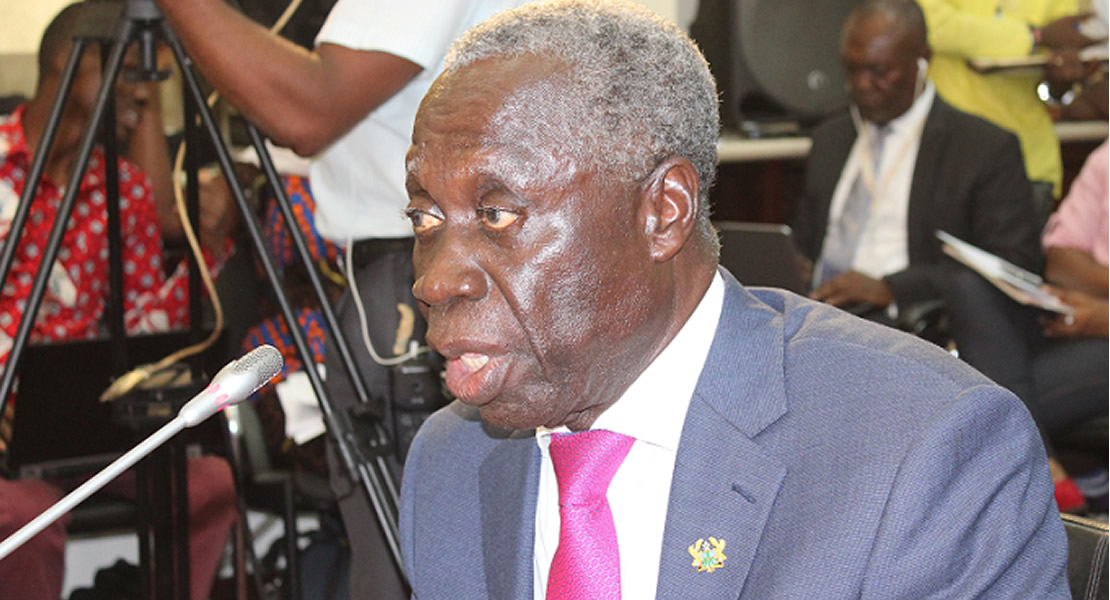
Senior Minister in the Akufo-Addo led administration; Yaw Osafo Marfo has given indications that if progress is not achieved in the Ghana-Togo maritime boundary negotiation, the country will proceed to the International Court for Arbitration for a lasting solution.
According to the Senior Minister with the little he had witnessed during the negotiation he is not of the opinion that there would be amicable settlement in the Ghana-Togo maritime boundary negotiation.
“We have a red line in the sea where Ghanaian and Togolese fishermen catching fish cannot cross, since 1929, but the Togolese say they would not let the Ghanaians come there, in 2016 the Ghanaian navy intervene which nearly resulted in a clash both Presidents had to intervene and the Ghanaian navy withdrew”.
In an interview, the senior Minister maintained that long ago, the Ghanaian fishermen were fishing to some location in the territorial waters between Ghana and Togo and added that it is not that simple and both parties are thinking about it.
“There is an international law to resolve this issue no single country can take the law into her hands, if reasoning does not prevail today then we would all be heading towards the International Court of Arbitration on the Sea”.
He made this remarks when he opened a two day boundary negotiation between both countries in Accra, Ghana, to draw a permanent boundary on the sea between Ghana and Togo.
And explained that the process commenced on the initiative of Presidents of both countries desiring good neighborliness and peaceful coexistence.
Mr. Osafo Marfo said, during the previous meetings both parties agreed that their survey teams should jointly explore various possibilities to establish the Land Boundary Terminus (LBT) or Border Pillar 1 as a prerequisite for drawing the maritime boundary between the two countries in his remarks.
“Both survey teams presented a report of 1929 Boundary Commission signed by the French and British Commission and the related map, which they both agreed to use the report in their working documents”.
He drew the attention of the two parties to the outstanding issue of provisional arrangements which should be agreed in accordance with the United Nations Convention on the Law of the Sea (UNCLOS), while negotiation for the formal delimitation of the maritime boundary continues.
Kwaku Sakyi-Danso/ghanamps.com